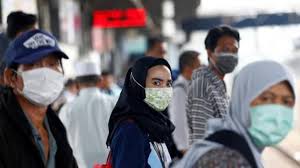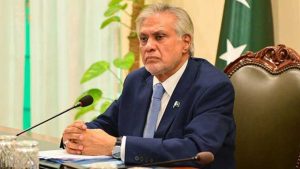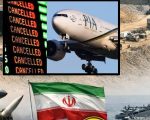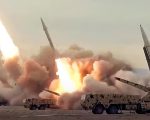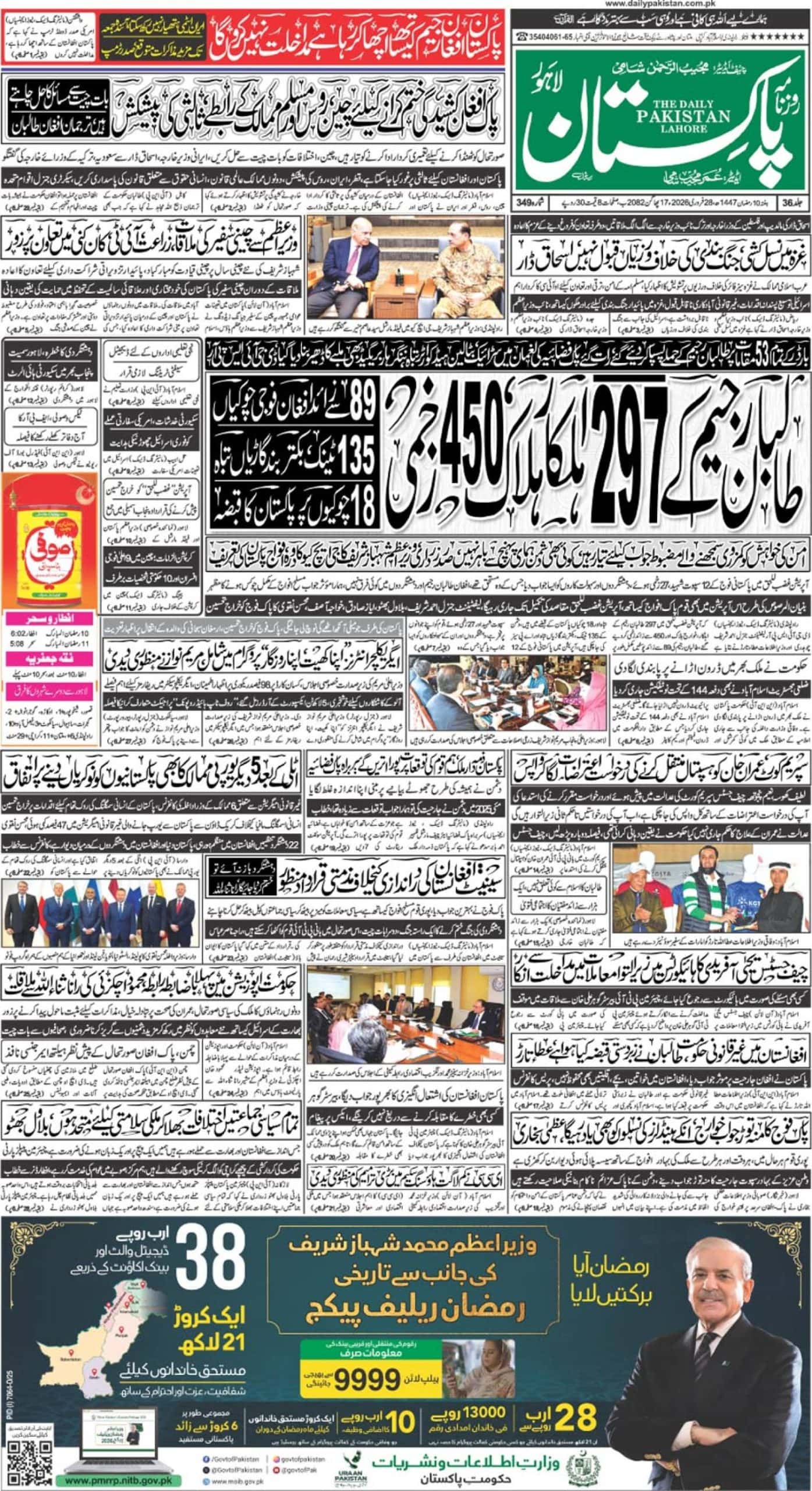The outbreak of Coronavirus disease (COVID-19) in the world and its deadly impacts on states pushed the entire international system in an indefinite period of constant fear. The leaders from different corners of the world are trying their best to manage escape from this global epidemic. Through empowering their scientific communities, the government from around the world are trying to discover the Corona-eradicating remedies. In addition to inventing the vaccination of this epidemic, the implementation of protecting measures at societal levels along with providing financial assistance to people have become major challenges to the nations. The transnational spread of COVID-19 has not only left the states less protected and more defenseless but it has compelled the governments to emphasize the scientific communities of mainstream educational institutions. In other words, various circles of academic communities mainly consisting of health officials, economic experts, medical specialists and IT professionals are busy rescuing their nations suffering from a deadly virus. In this way, the role of education cannot be marginalized in a society where the members of society contain the substantial potential for exploring new avenues. The education system of a state, structured on an extensive culture of research and development, generally shapes the social, political, and economic patterns of the nations. Under this conception, the nation ambitious of improving their standings in the international system consistently improve their traditional patterns of education. Because education generally considered to be an appropriate means of helping policymakers and security architectures of the states in overcoming dramatic crisis situation.
The nations, carrying high education standards and exploring new avenues of research, have been paralyzed before the threats of COVID-19. Without finding a permanent solution to the problem, the leading research centers of the world are trying to protect their nations by introducing different social, economic, and political policies. Even the strategic communities from various corners of the world have accepted the new age of non-traditional security threats which are a major threat to all the states. In the contemporary global politics, the significance of non-traditional security threats and their relevance to the states cannot be ignored easily. The case of Pakistan cannot be spared in this regard where the conventional trends of mainstream education are unable to accept the realities of the new world. In addition to understanding the significance of non-traditional security threats, the government of Pakistan needs to realize the weak strength of the nation which has forced Islamabad to import the supplies of surgical masks and testing kits along with other essential medical equipment. No doubt, all states are equally vulnerable under the COVID-19, but they are trying to overcome the shortage of medical necessities through indigenous mechanisms.
The reasons behind the uncontrollable virus issue are not merely restricted to the lack of good governance, the education system of Pakistan based on fixed patterns is also responsible for paralyzing the nations under the COVID-19. An appropriate up-gradation of the education system according to the demands of the twenty-first-century always remained an area of less attention for the governments in Pakistan. The education system along with an innovative culture of research always remained the victims of financial crisis in Pakistan. While discussing the culture of countrywide academic activities, it is essential to mention insufficient funding for the major research projects. The financial issues in the presence of inappropriate attentions of the government further degraded the role of academic communities in the country. Thus, the research students of various universities are unable to carry research on new projects. Another point of disappointment appears in the form of a teaching environment in which the new ideas are not only less appreciated but an independent thinking process supported by critical approaches of knowledge is rarely accepted in higher education. The level of higher education is restricted to certain conventional standards and the innovative skills of the students are limited to theoretical documents. In the absence of adequate financial resources and appreciation for innovative ideas, the nation cannot be secured from future contingencies. As a result, the whole nation is looking towards other countries for the acquisition of Corona-curing medicines.
The inability of discovering the vaccination eradicating the novel-coronavirus is not purely linked to the education system of Pakistan. Through the Higher Education Commission (HEC), the government of Pakistan is determined to promote the culture of research and development. For the advancement of a countrywide research culture, few circles of the education community are engaged in various research activities with the help of HEC. Research funding to different individuals across the country has, no doubt, raised the financial responsibilities of the government of Pakistan but the production of knowledge and the advancement of knowledge in the country is unable to meet its practical implementation. This situation has inaugurated an unending race of increasing the number of publications among various academic communities instead of producing new knowledge. The knowledge-based of innovative ideas can provide appropriate solutions to problems. In the absence of a research-based education culture structured on theoretically solid and practically applicable ideas, the government cannot protect the country from the future of non-traditional security threats. Moreover, the research communities carrying their studies in different dimensions need to realize the potential of the contemporary Corona crisis instead of still relying on quantities of their research publications.
In this way, the future contingencies in the form of any non-traditional security threat can undermine the conventional patterns of addressing security challenges. The world of new realities is demanding from the state-governments to depart from their conventional insight of defining security threats to the nations. While preparing itself form the repetition of a pandemic issue in the future, the government needs to increase the strength of education communities across the country. With the help of quality education and advanced research culture, the country can produce a number of products beyond the production of surgical masks and testing kits. The inefficient performance of the nation has already stigmatized the national image of the country with the receiving of foreign assistances including a vast amount of surgical masks coupled with other medicals equipment. Furthermore, a widespread approach of critical thinking parallel to the promotion of independent questioning culture is needed which can let the education institutions to introduce new ideas to solve various problems. In addition to enhancing the academic capabilities of the nation, the architectures of national security strategy need to pay considerable attention to the non-traditional security issues because the escape from transnational security problems cannot be possible in the future. No doubt, the whole world is passing through an unforgettable problematic phase in which the leading policymakers of the governments are trying to address the novel issue of Corona pandemic but the chances of its repetition in the developed nations are low. The education system of developed nations is well-prepared to overcome future challenges by altering their conventional educational patterns. Contrary to the developed countries, the situation in Pakistan is worrisome where a lot of efforts in the field of education are needed. Therefore, the leading policymakers of Islamabad need to take timely measures to empower the whole nations against the repetition of future pandemic crisis by purely emphasizing the mainstream educational institutions.
The writer is working as an assistant professor in the Department of International Relations, NUML- Islamabad.

